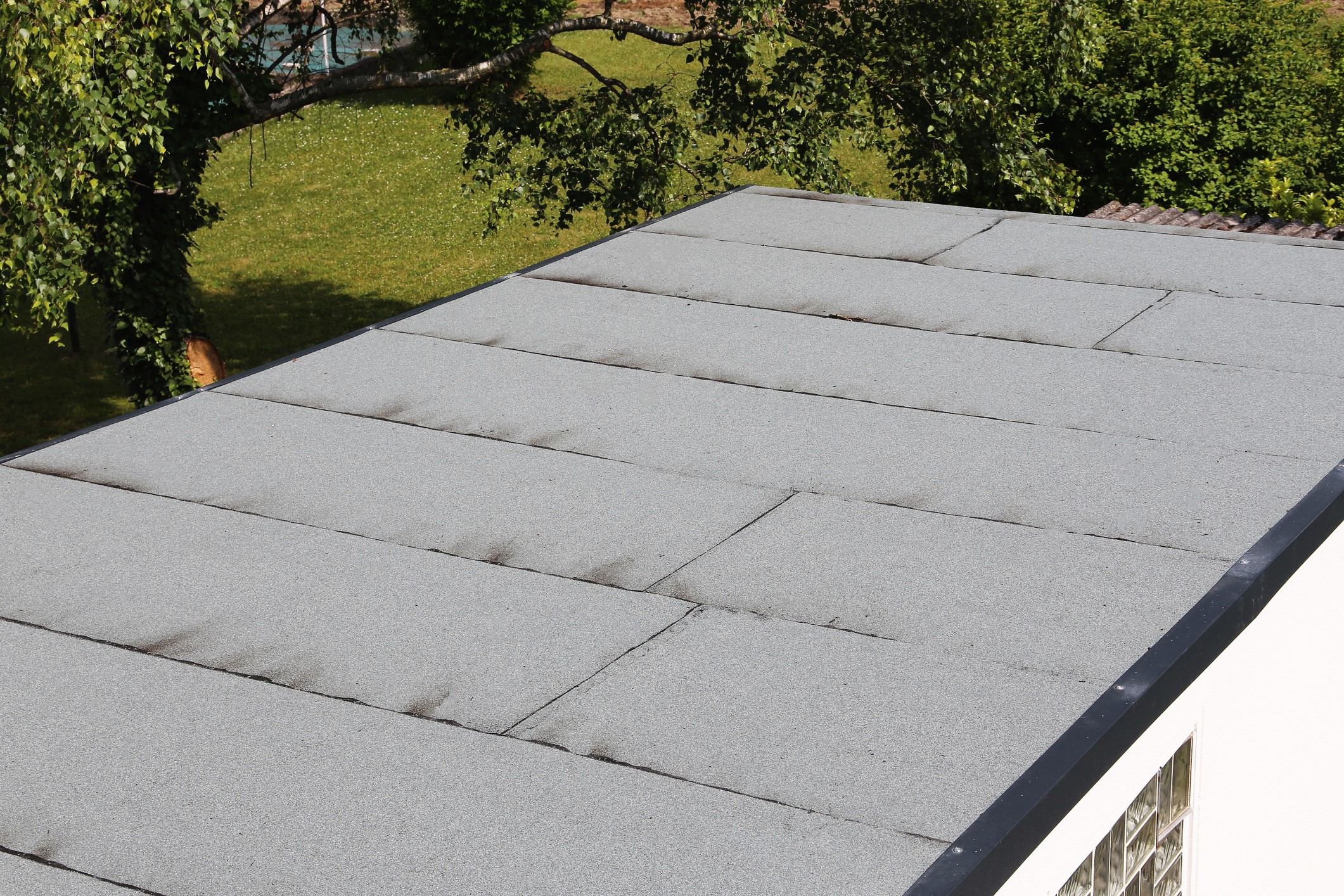When picking the right materials for your new roof, you’ll need to know if built-up roofing is for you. There are lots of different roofing systems you can have installed in your home, and built-up roofing is just one of them. Here are some advantages you can get from installing it on your roof.
What Is Built-Up Roofing?
Firstly, you will need to know precisely what built-up roofing is. This material is made up of layers of ply sheets with bitumen layers in between them. A pebble-style surface is then laid on top to complete the roof. This style of roofing has been around for over 100 years and has seen lots of improvements over the years. There are multiple ways that this roofing system can be installed on your roof. For example, It can be installed ‘hot’ when the bitumen is heated, so it liquefies during the process. It can also be installed ‘cold’ when stuck down in an adhesive fashion instead.
6 Advantages of Built-Up Roofing Systems
There are many advantages to having a built-up roof installed. Why might you choose this method over the others available to you?
1. Longer Than Expected Lifespan
The roofing material’s lifespan will be one of the most significant deciding factors when choosing between them. That’s why the lifespan of built-up roofing is so important. Depending on the installation method and the materials used, you’ll see that they typically last between 15 to 30 years, which puts them on par with asphalt shingles. However, you’ll also notice that some versions can last up to 40 years. Considering built-up roofing, it’s important to note that it will often fare much better in hotter climates than cold ones. You’ll want to keep that in mind as you make a decision.
2. Easier to Maintain
Another great reason to consider a built-up roof is that it will last for much longer with less intervention needed from you. Many think it would require the same maintenance as an asphalt shingle roof, as they’re made of the same materials. However, the difference is in how those materials are used. A built-up roof is installed in large rolls, while an asphalt shingle roof is applied in much smaller tiles. High winds make it very easy for a shingle to be pulled off or broken. It’s much harder for the same kind of weather to damage a built-up roof. You’ll need less work to keep your roof in top condition. If you want a roof that can withstand the weather, you’ll want to consider this.
3. Multiple Layers of Protection
When it comes to your roof, its biggest enemy will be moisture. Water gets into your roof and starts causing all kinds of problems. You may start getting leaks, there could be wood rot in the roof timbers and all the issues associated with mold. When picking a roof, you want to consider how well your roofing material could stand up against it. The great thing about a built-up roof is that it’s made of those multiple layers. Because you have so many layers, you’ll see that there’s lots more protection against water. It’s much less likely to get in, so you’re safer against that potential water damage.
4. Fire Safety and Protection
If you’re looking to replace your roof, you should consider the fire safety rating of the material. Each roofing material will have a safety rating, showing how much it can protect your roof if a fire breaks out. That’s so important, as something as small as a blown ember or even a firework could land on your roof, so you need to know it’s protected. One of the biggest benefits of built-up roofing is that it has a lot of fire-retardant properties. Because of this, you can be sure that if a fire broke out, your roof would be much less likely to burn, so you and your family will be safe.
5. Environmentally Friendly
When you think of a built-up roof, you may not believe it’s eco-friendly at first glance. You can find versions that are better for the environment than you’d think, though. It’s essential for many homeowners, as they want to be sure that their roof replacement isn’t causing more harm than it needs to. If you’re looking to be more eco-friendly with this project, you’ll want to look into ‘cold’ built-up roofing. This will give off fewer fumes than the hot method, so you can be sure you won’t harm the environment around your home. As a bonus, you can install it during less-than-ideal weather, which you can’t do with hot, built-up roofing.
6. Easy to Repair
While built-up roofing is much easier to take care of overall, you can’t stop some accidents from happening. There may be times when you need to repair the roof, such as if a storm goes through the areas and causes damage. The damage can appear as blisters, ripples, or tearing in the roofing material. If you see any of this, you can call on your local roofers to handle the problem for you. The repair will typically require them to remove and reinstall the affected section. This is usually quick and easy for them and shouldn’t cost too much.
The Bottom Line
There are lots of reasons why you’ll want to consider getting built-up roofing installed on your home. It’s effective, fireproof, and highly resistant to leaks. If you want to look into having it installed, talk to your local roofer to see if it’s something that they can handle for you.


